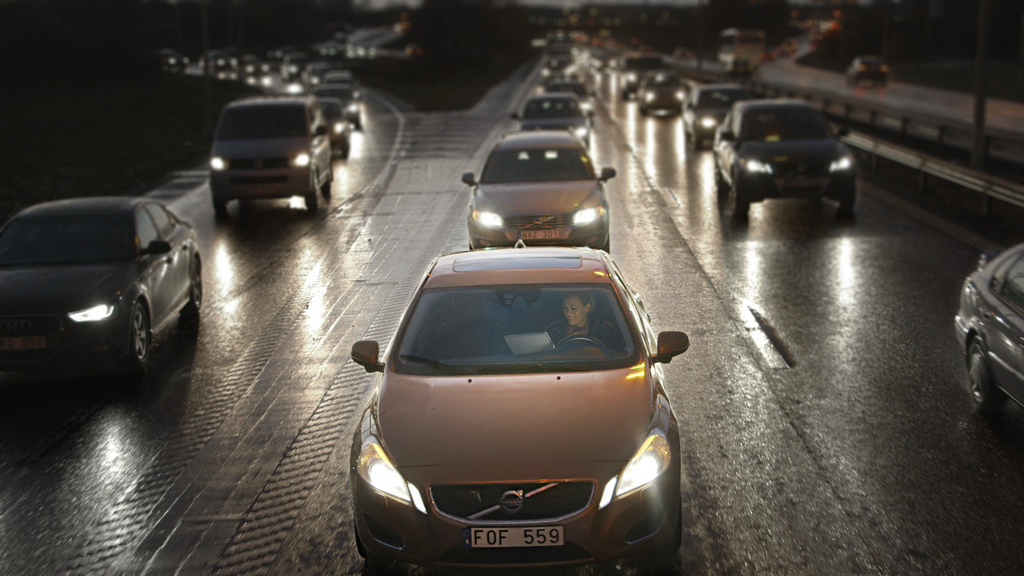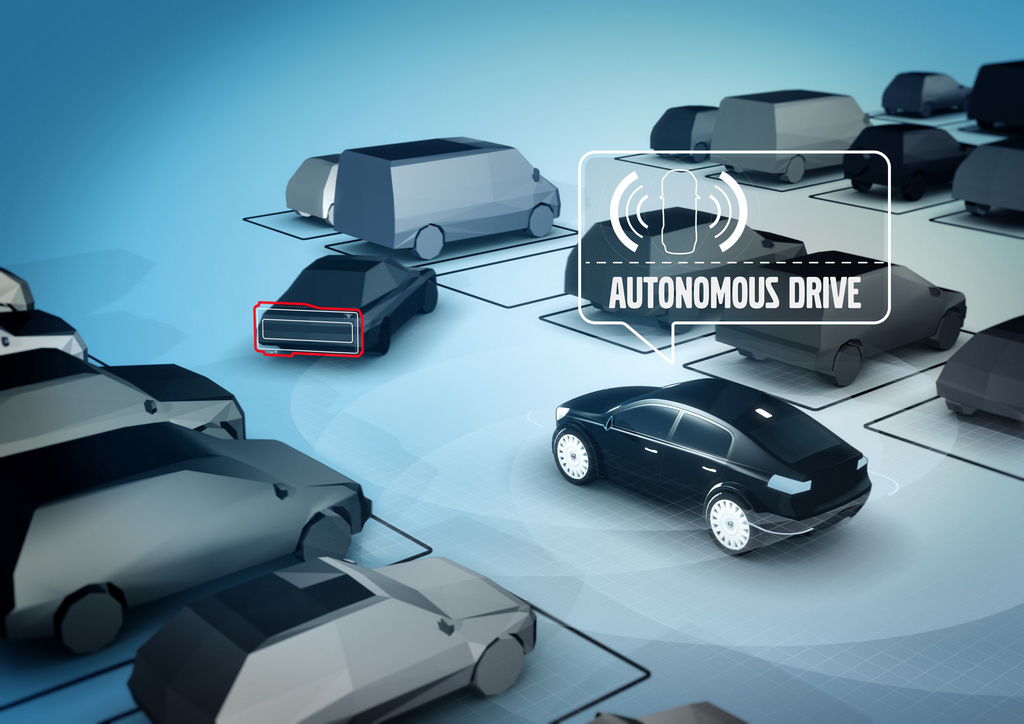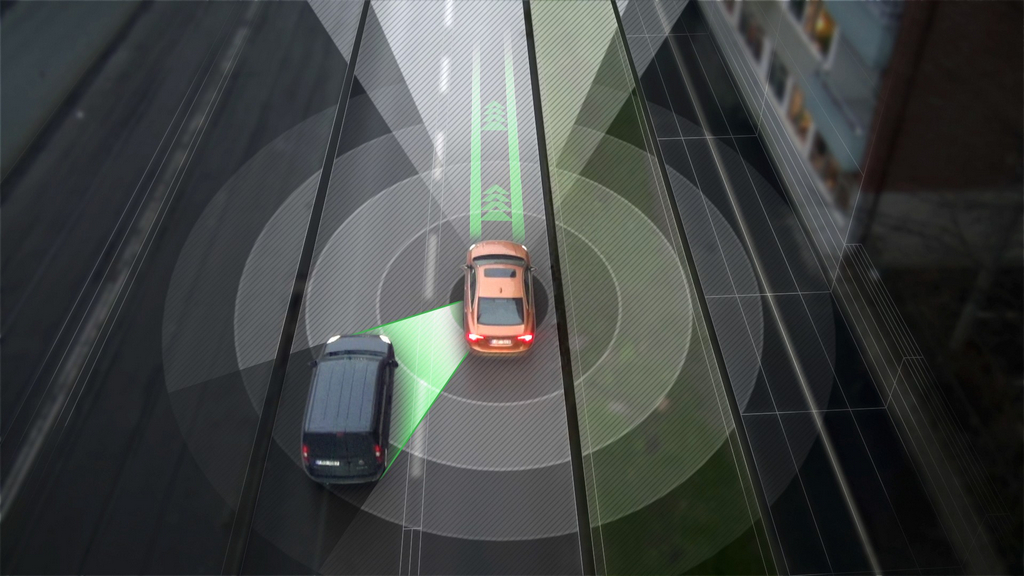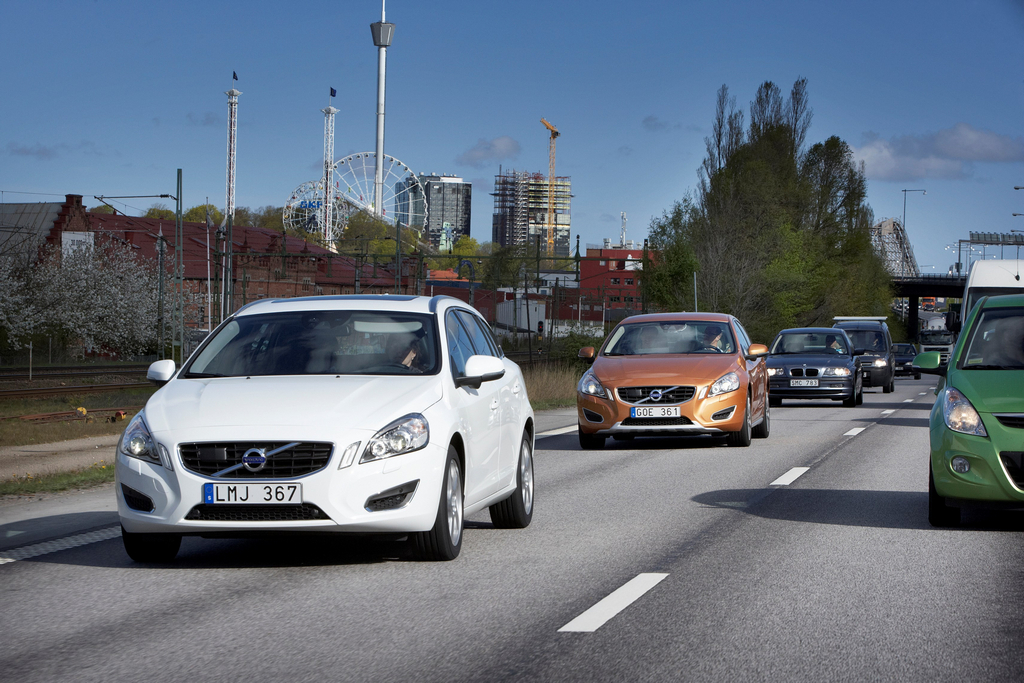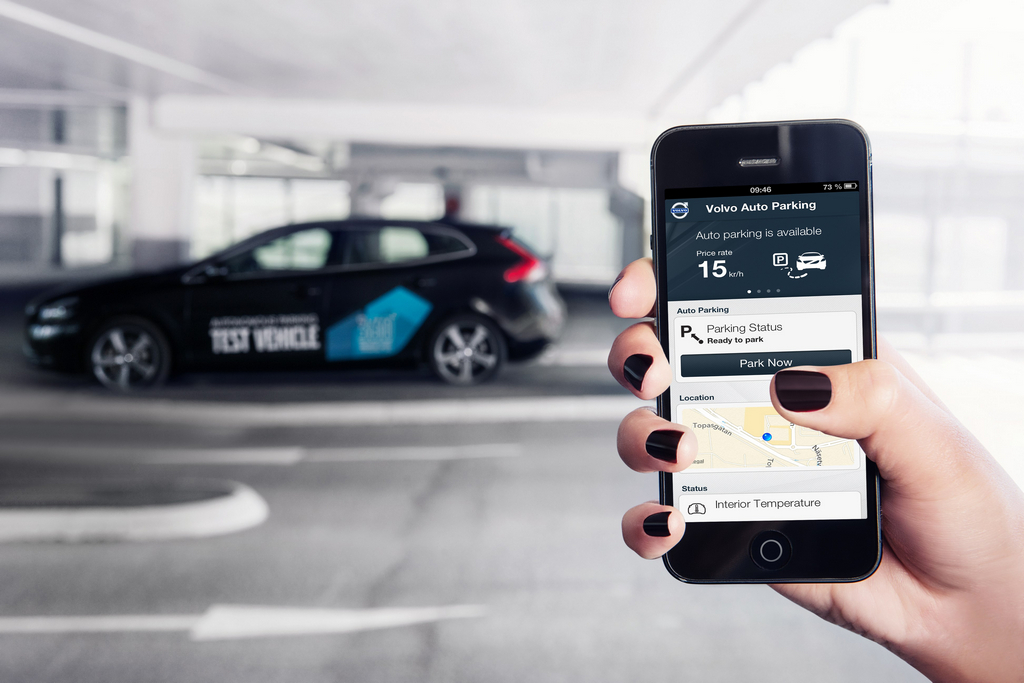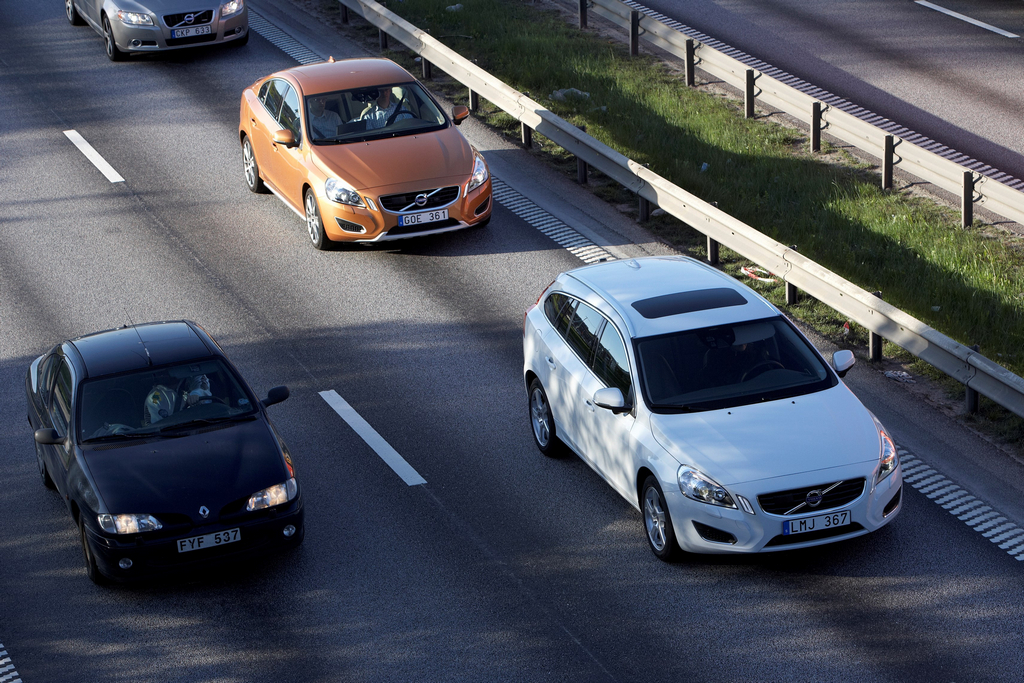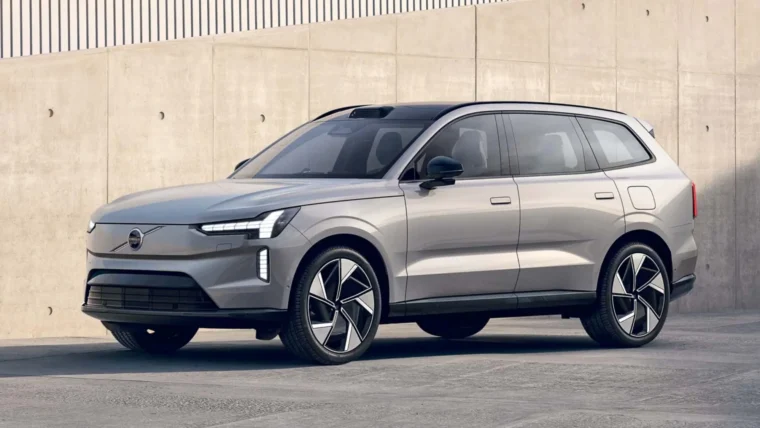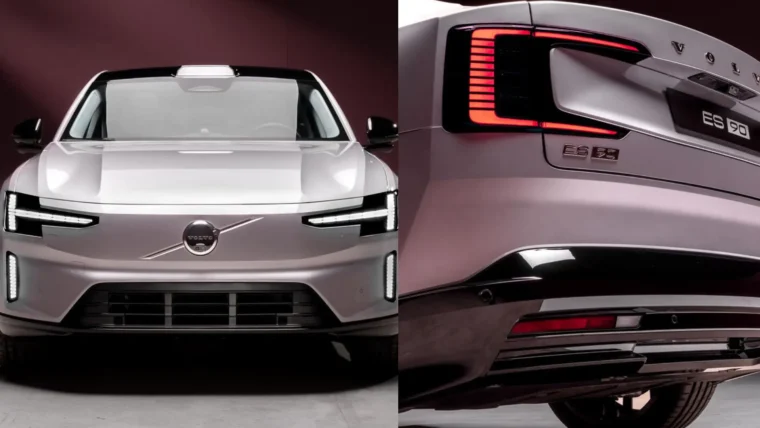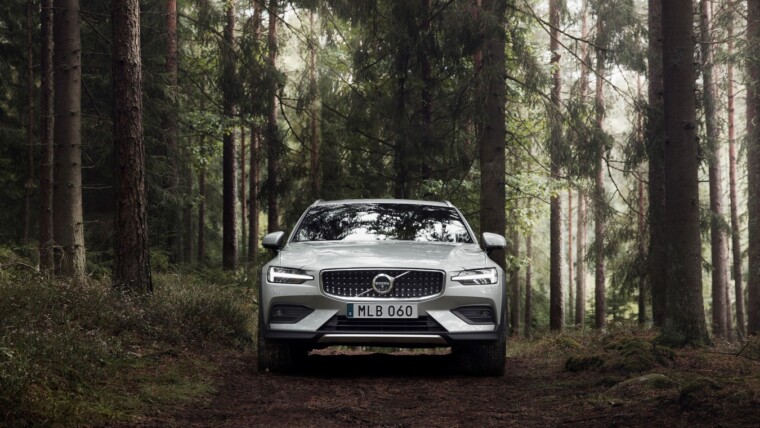Despite massive improvements in traffic safety, 1.2 million people are still killed in traffic every year. In 2007, this spurred Volvo Cars, as the only automotive manufacturer in the world, to launch a safety vision stating that no one should be killed or seriously injured in a new Volvo car by 2020. The company’s vision is that cars should not crash.
“Pioneering technologies involving extensive use of driver support systems will not only help us realise our safety vision but also bring strong societal and consumer benefits,” says Håkan Samuelsson, President and CEO of Volvo Car Group.
Modern society faces extensive future challenges to improve safety, and reduce pollution and global CO2 emissions. Autonomous driving can cut fuel consumption by up to 50 per cent in certain situations. Impaired mobility and congestion can be added to the list of challenges.
“Volvo Cars’ long-standing human-centric approach and commitment to safety gives us a different starting point from other car manufacturers when we address the field of autonomous driving,” says Håkan Samuelsson.
Allowing the car to act automatically is crucial when moving towards the vision that future cars will not crash at all. The present systems for auto braking, lane keeping aid and adaptive cruise control are examples of the first steps towards autonomous driving. Now, Volvo Cars is moving towards technologies with a higher degree of autonomous driving in normal traffic situations.
Autonomous driving in traffic queues
The first autonomous features will be introduced in the all-new Volvo XC90 by the end of 2014: Adaptive Cruise Control (ACC) with steer assist automatically follows the vehicle ahead in queues. Other features include road edge and barrier detection with steer assist, which detects if the car is about to drive off the road and autonomously applies steering torque to bring the vehicle back on track.
Paving the way for highly autonomous cars – a new dimension of driving
The next step is technology that follows the car in front at higher speeds, allowing the driver to take his or her hands off the steering wheel while still surveying the drive. This in turn paves the way for the introduction of Highly Autonomous Cars that hand over responsibility to the vehicle, which handles all driving functions at the driver’s discretion.
This sophisticated self-driving technology will be tested and evaluated in the ‘Drive Me’ project in Volvo Car Group’s Swedish hometown of Gothenburg. In 2017, 100 customers will join the project using 100 self-driving Volvo cars driving on selected public roads in and around the city.
The world unique project is a partnership between Volvo Car Group, the Swedish Transport Administration, the Swedish Transport Agency, Lindholmen Science Park and the City of Gothenburg. The ‘Drive Me’ project is endorsed by the Swedish Government. It will be initiated already in 2014 by a joint evaluation and development of test vehicles.
Strong consumer benefits
Autonomous driving will carry significant consumer benefits. It will fundamentally change the way we look at driving cars. As a driver in the future, you will be able to plan your drive with a mix of autonomous and active driving, allowing for efficient use of your daily journey. You could safely interact via phone or tablets or simply relax. Autonomous driving safely thereby paves the way for more efficient time-management behind the wheel.
Autonomous driving – with steering, acceleration and braking automatically controlled by a vehicle that requires very little human interaction – is already present in the modern transport society.
“Hardly anyone thinks twice about being in an airplane that flies on autopilot, but being in a car that drives by itself while the driver reads a book is still quite a revolutionary thought for many people,” says Håkan Samuelsson.
Other posts by AF Newsdesk

